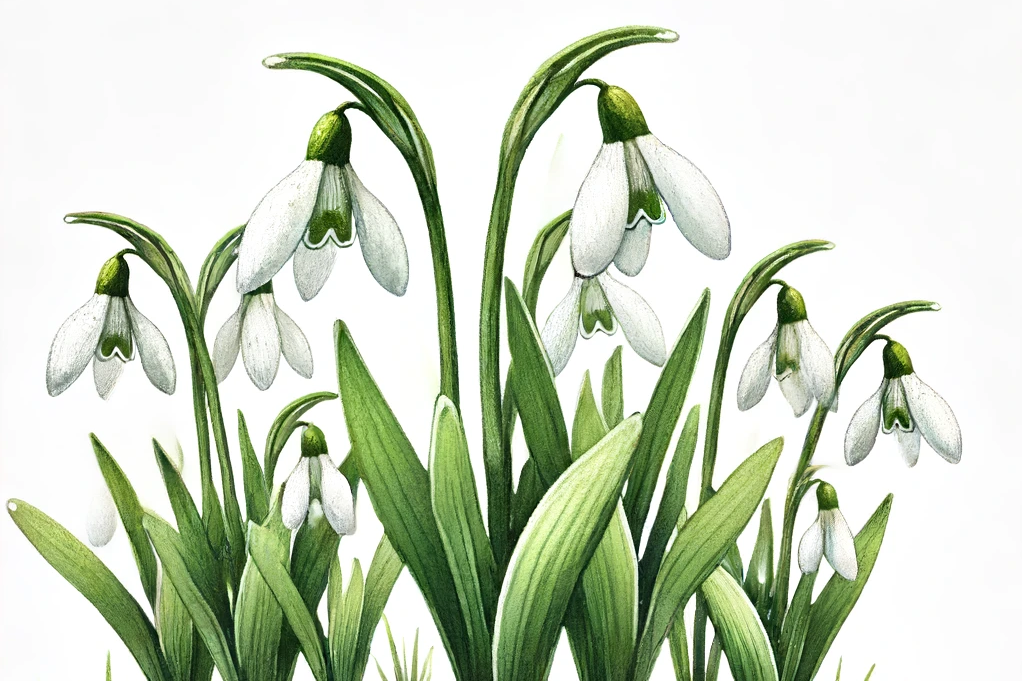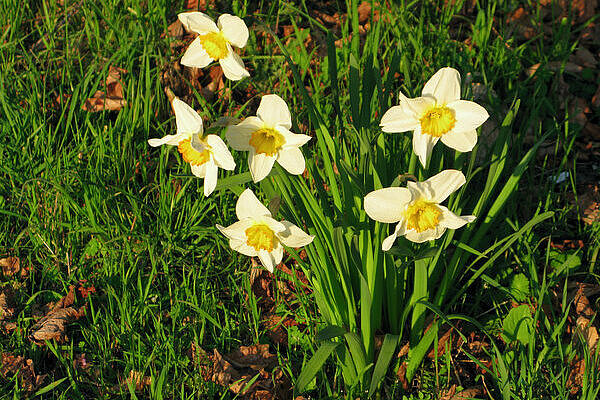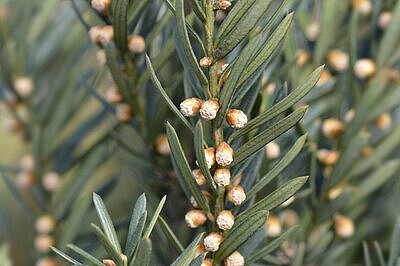Turkish League

What is the Turk's cap lily?
The Turk's cap, scientifically known as Lilium martagon, belongs to the lily family (Liliaceae). It is native to Europe and Asia and is characterized by its distinctive, turban-shaped flowers, which usually appear in shades of pink to purple and often have dark spots. The plant can reach a height of up to 1.5 meters and prefers shady, moist locations such as forests and forest edges.
Characteristics of the Turk's cap
Appearance
The Turk's cap has distinctive, upturned petals, which give it its name. These flowers usually appear in midsummer and are known for their intense fragrance. The leaves of the plant are elongated and arranged in a spiral around the stem.
Habitat and distribution
Turk's cap grows preferentially in calcareous soils and is often found in temperate climates. It is a protected species in many countries, as its natural populations are endangered due to habitat loss and human influences.
Turk's cap and dogs: poisonous or not?
One of the most important questions dog owners ask themselves is whether Turk's cap is poisonous to dogs. Unfortunately, the answer is worrying: yes, Turk's cap is poisonous to dogs.
Toxic components
Turk's cap contains several toxic compounds, including alkaloids such as lilin and martagonin. These substances can cause serious health problems in dogs if they eat the plant.
Symptoms of poisoning
If your dog swallows parts of Turk's cap, various symptoms may occur, including
- Vomiting
- diarrhea
- lethargy
- loss of appetite
- abdominal pain
In severe cases, poisoning can lead to kidney failure, which requires immediate veterinary treatment.
First aid and treatment
If you suspect that your dog has eaten Turk's cap, you should consult a vet immediately. Do not attempt to induce vomiting without first speaking to a professional. The vet will likely provide symptomatic treatment, which may include intravenous fluids and medication to relieve nausea and pain.
Preventative measures
To minimize the risk of poisoning, make sure your dog does not have access to Turk's cap plants. Check your garden and remove the plants if necessary or make sure that your dog does not have access to the areas where Turk's cap is growing.
The Turk's cap is undoubtedly a stunning plant that adorns many gardens and impresses in the wild. However, caution is advised for dog owners: Turk's cap is poisonous to dogs and can cause serious health problems if ingested. By taking preventative measures and acting quickly in the event of poisoning, you can protect your dog's health and well-being.
Properties 6
Are you looking for other ingredients with a specific property?
Just click on them to find more.
If you notice any signs of hypersensitivity or poisoning in your dog, you should see your vet immediately. We are not a substitute for a vet, but we try to be as accurate as possible. Every dog reacts differently and we recommend you get a second opinion or consult your vet if in doubt.
Stay healthy and take good care of your four-legged friend!😊
Similar to Turkish League
The emergence of snowdrops officially marks the beginning of the farewell to winter. These delicate plants breaking through the snow are not only a beautiful sight, but also an interesting topic when...
Daffodils contain various alkaloids that can be poisonous to dogs. These substances are mainly found in the bulbs, but also in the leaves, stems and flowers of the plant. If they are eaten or...
Yew contains a strong poison called taxine in all parts of the plant, except in the red seed coats of the berries. Taxine affects the heart and nervous system of dogs and can lead to severe symptoms...
Lily of the valley (Convallaria majalis) belongs to the asparagus family and is a perennial plant that grows in gardens and forests. It grows up to 30 cm high and has large, green leaves that emerge...



